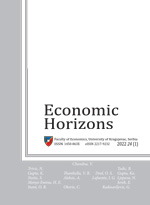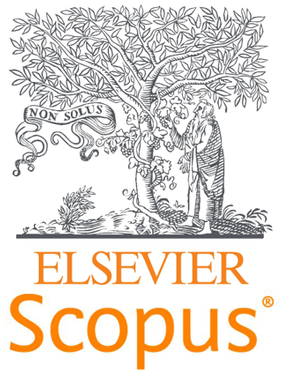THE DEPOSIT INSURANCE SCHEME AND THE MORAL HAZARD HYPOTHESIS: NIGERIAN EVIDENCE
Ebiaghan Orits Frank
Faculty of the Social Sciences, Delta State University, Abraka, Nigeria
This study empirically investigates the nexus between the moral hazard hypothesis and the adoption of the Deposit Insurance Scheme (DIS) in Nigeria. Using the secondary data sourced from the Nigerian Deposit Insurance Corporation’s (NDIC) annual reports and accounts, a multiple regression model was formulated, comprising a deposit insurance fund as a proxy for moral hazard (the dependent variable), whereas the asset quality indicators of Nigerian banks were the independent variables. The estimation technique according to the Generalized Method of Moments (GMM) was used to test the relationships between the variables. The study revealed a significant positive relationship between the asset quality indicators of Nigerian banks and the deposit insurance fund, which supports the moral hazard hypothesis. It is recommended that governments should strengthen their banking regulatory systems in order to mitigate the unintended risks which the adoption of the DIS portends.
Keywords: moral hazard hypothesis, total loans and advances, nonperforming loans, ratio of nonperforming loans to total loans, shareholders’ fund
JEL Classification: G21, G28




